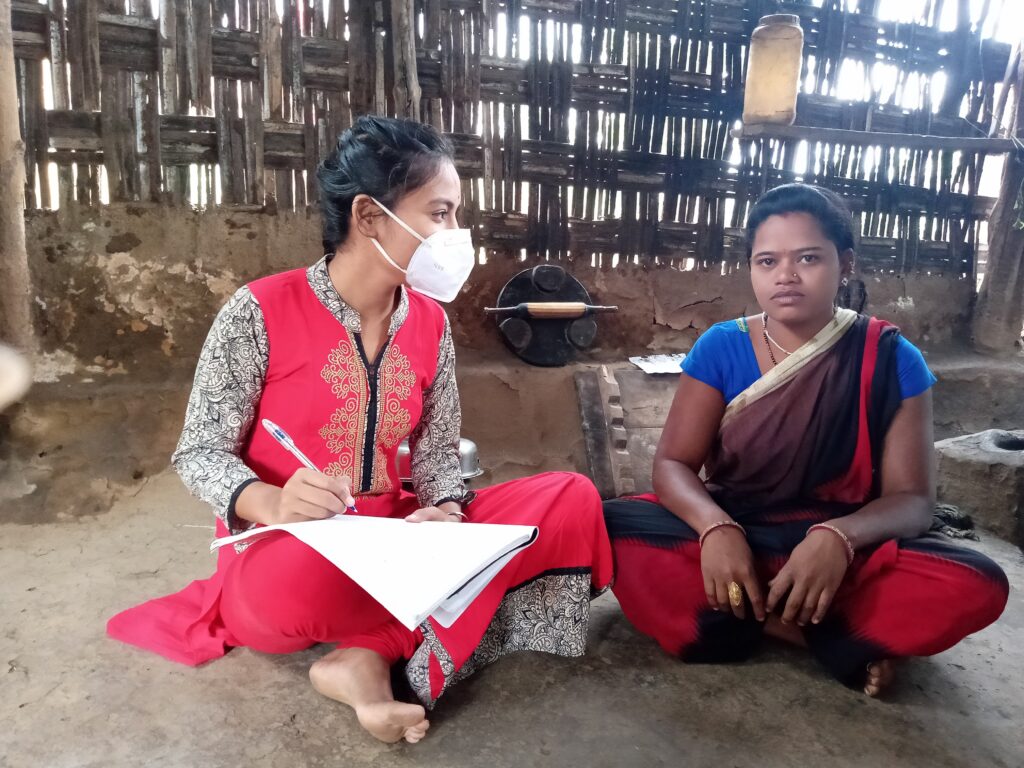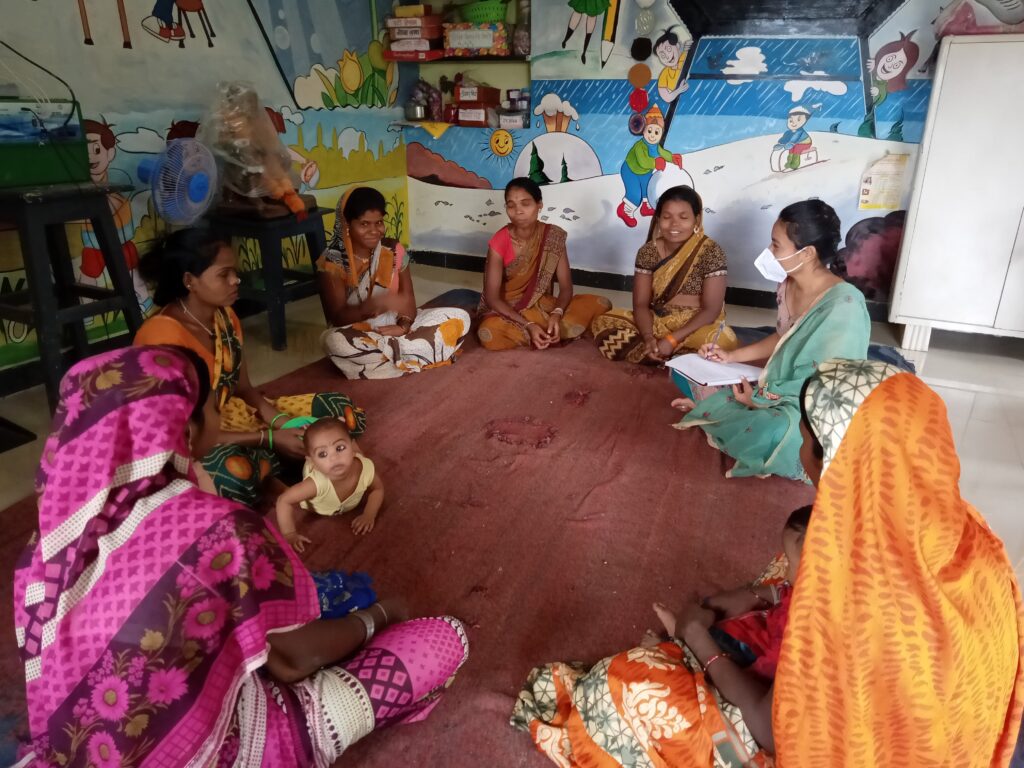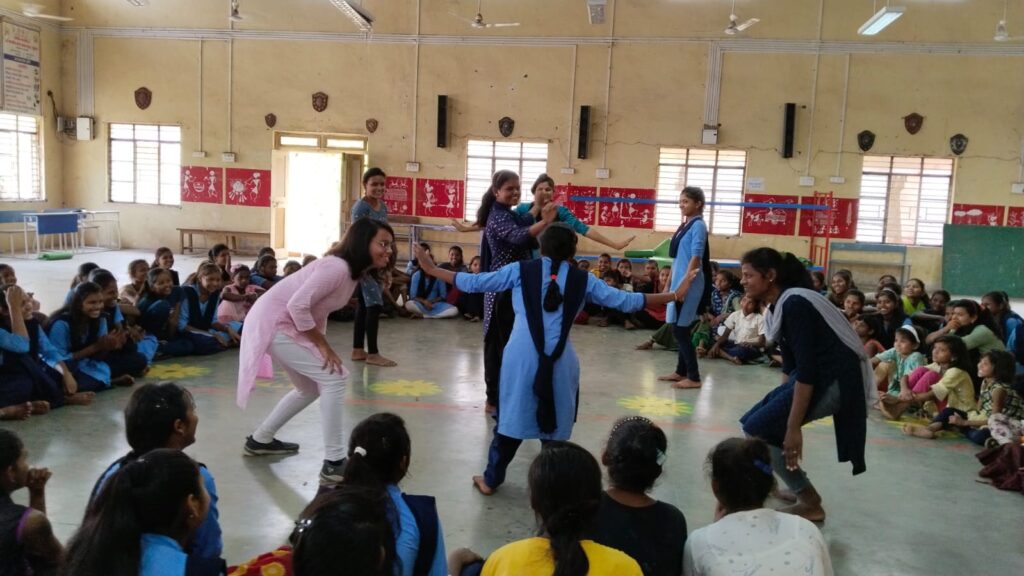Breakthrough: Empowering Youth to End Gender-Based Violence
Breakthrough is a groundbreaking initiative of Development Organization of Rural (DOOR) that tackles gender-based violence at its core, aiming to deconstruct the cultural norms that breed inequality and discrimination. Furthermore it also expands it focus on empowering young women, aged 13 to 25, to become powerful agents of change within their own communities. Transforming Hearts and Minds: Early Intervention for Lasting Change Breakthrough recognizes the critical window of adolescence for shaping beliefs and behaviors. We reach nearly 500+ adolescents in schools and communities, implementing engaging programs that foster positive gender attitudes and leadership skills.exclamation Interactive workshops, discussions, and activities challenge traditional gender stereotypes and equip young people with the knowledge and tools to dismantle them. This early intervention approach aims to prevent the solidification of discriminatory behaviors before they take root. Building Capacity for a Generation of Leaders Breakthrough goes beyond simply changing attitudes. We believe in equipping young people with the necessary skills to create a lasting impact. Our programs focus on building aspiration, leadership, agency, and negotiation skills. exclamation Through workshops, activities, and mentorship opportunities, young people learn to: Set ambitious goals: We help them identify their aspirations and develop a roadmap to achieve them, fostering a sense of self-worth and empowerment. Take charge: We provide leadership training that hones their communication and decision-making skills, enabling them to confidently advocate for themselves and their peers. Own their choices: We equip them with agency, the ability to make informed decisions about their lives and challenge societal pressures that perpetuate gender inequality. Navigate challenges: We teach negotiation skills, allowing them to effectively communicate their needs and advocate for change within families, schools, and communities. Creating an Enabling Environment: Breakthrough recognizes that sustainable change requires a multi-pronged approach. We work collaboratively with a range of stakeholders to create an environment that fosters youth leadership and promotes gender equality. This includes: Families and Communities: We engage with families and community leaders through workshops and discussions to foster understanding and support for young people’s initiatives. Frontline Workers: We collaborate with teachers, social workers, and other frontline workers to equip them with the knowledge and skills to identify and address gender-based violence in their communities. A Commitment to Evidence-Based Interventions Breakthrough is committed to data-driven progress. exclamation We conduct rigorous evaluations of our programs to assess their effectiveness and continuously improve our approach. Our work has demonstrably contributed to: Delaying child marriage: Young women participating in our programs are statistically less likely to be married off early, allowing them to pursue their education and career aspirations. Increasing girls’ school enrollment rates: By addressing gender stereotypes and empowering girls to advocate for their education, we see a rise in the number of girls staying in school. Shifting attitudes and behaviors: Our campaigns, encompassing workshops, events, and media outreach, reach number of people across the Melghat. exclamation These campaigns foster positive change in attitudes and behaviors, promoting a culture of respect and equality. Breakthrough envisions a future where gender-based violence is a relic of the past, and young people, empowered and equipped with the tools for change, create a world where girls and women can thrive with dignity, equality, and justice.
Breakthrough: Empowering Youth to End Gender-Based Violence Read More »




